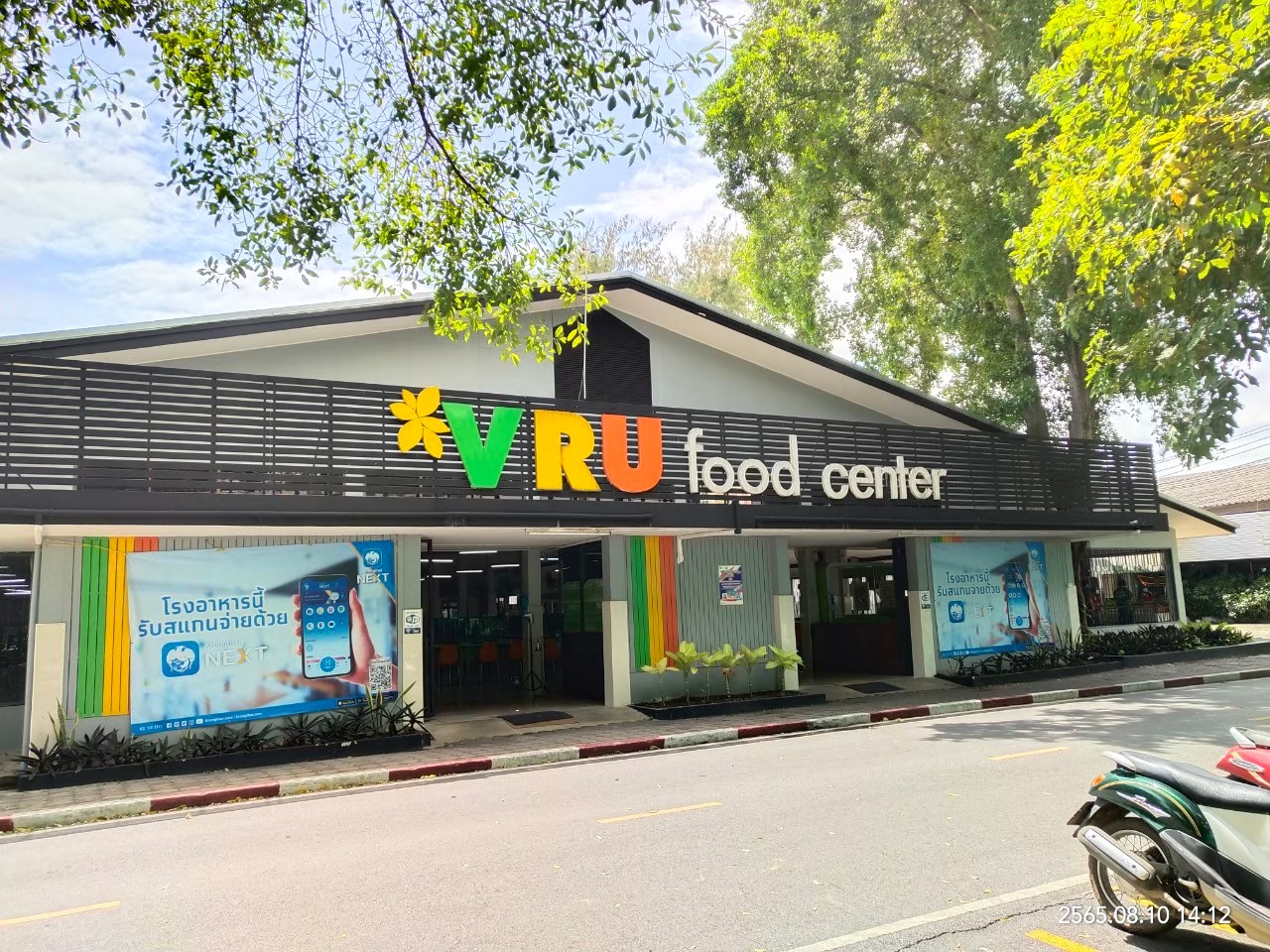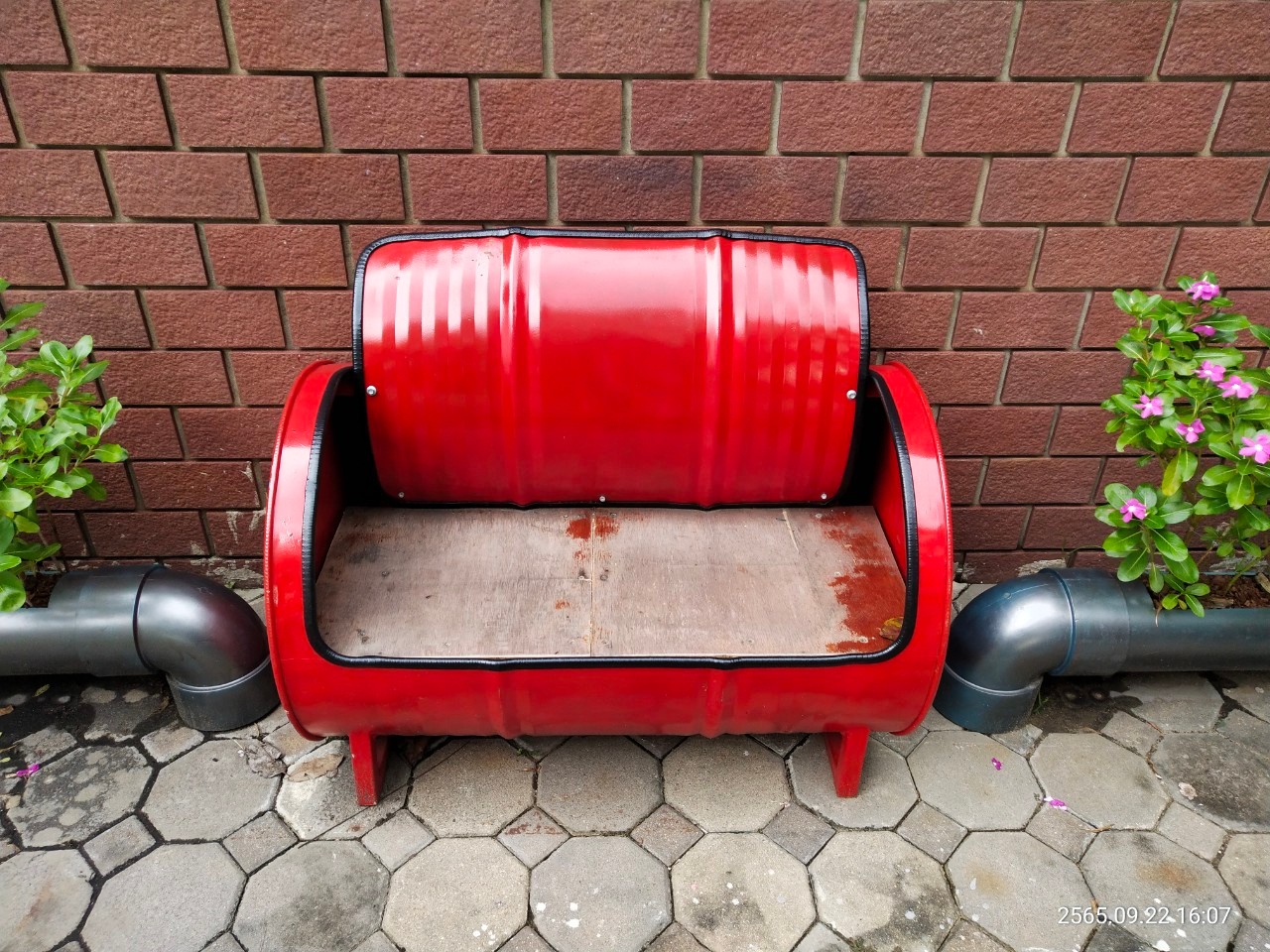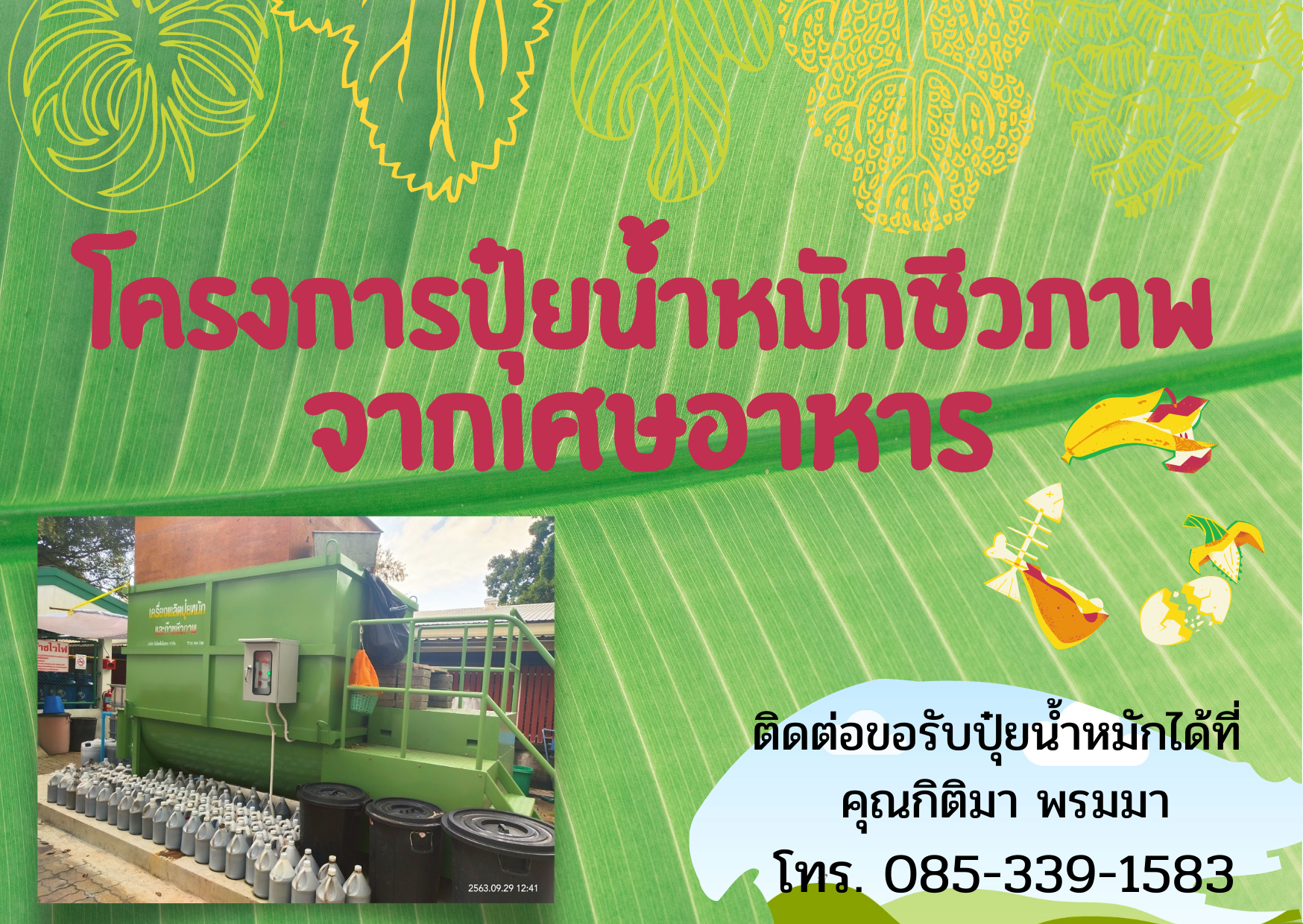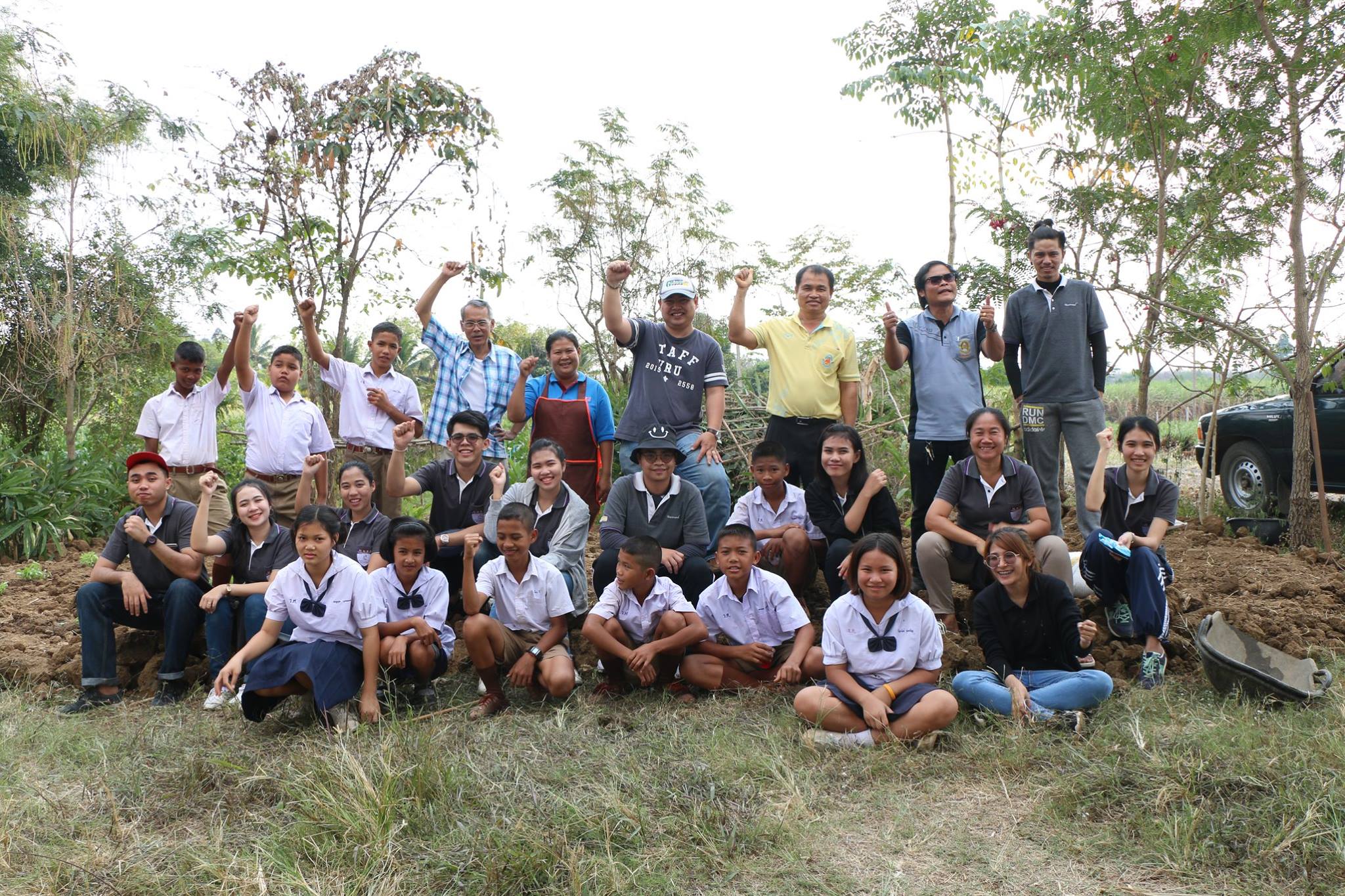
Waste management system that involves bringing the garbage to the same point
12.3 Proportion of recycled waste: 2019
12.3.1 – Does your university as a body measure the amount of waste generated and recycled across the university?
The university has a waste management system that involves bringing the garbage to the same point, resulting in the collection of data on the rate of solid waste for the whole university. This, along with the separation of the composition of the solid waste that occurs, found that organic waste, or biodegradable waste, is the largest, accounting for 58.3% of total waste as it consists of food scraps, leaves, and twigs. The second largest group of waste was paper from the office, teaching and other activities, and the plastic waste group consisted of plastic bags and packaging. Due to the COVID-19 situation, many shops do not accept reusable containers, which causes the amount of plastic to increase. The university’s 2021–2022 operation has partnered with TPBI Public Company Limited to organize the “Won Project” activity, where clean stretch plastic is donated to produce robes for monks and some is used for oil production. The university has established a waste bank in collaboration with the Department of Environmental Quality Promotion, the Department of Environmental Quality Promotion, and private companies that come to buy waste that can be recycled. This makes the operation of waste sorting for recycling that much greater.
12.3.2.1 – Amount of waste generated 181.95 MT
12.3.2.2 – Amount of waste recycled 18.11 MT
12.3.2.3 – Amount of waste sent to landfill 163.84 MT
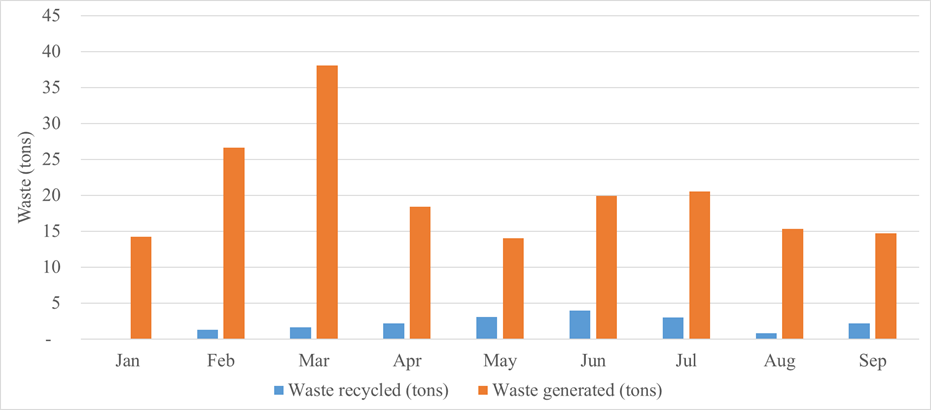
Fig 1 The bar graph shows a comparison of the rate of waste generated with recycled waste.
“Won Project” “Won” in Thai means circular, we then decided to name this project as “Won” which shall always remind us to use plastic to be in line with circular economy concept. “Won” Project welcomes all clean plastic bags and plastic film. We are pleased to recycle plastic bags and plastic scrap so that they are reproduced and reused, and we, therefore, could reduce plastic trash to be disposed.

Fig 2 “Won Project”
Recycling program for university’s waste
The university has the intention to promote all staffs, students and including visitors to aware the importance of waste management, recycling and resource consumption. Therefore, the university encouraged all to join the many relevant activities.
The “Recycle Bank”
This project is a recycling waste disposal project. All parts in the university collected the recycle waste to sell to the bank and return will be kept in an recycle account book. The recyclable waste will be sold to the dealers for processing into reusable materials. Recycle Bank deposits can be separated to 4 types such as papers, glasses, metals and plastics.
The waste deposit criteria are
-
-
- bring the recycle account book when coming to deposit,
- account can’t transferable to others except with the consent of the bank,
- balance moneys in account must not be less than 50 baht,
- withdrawing can be made when the money in account are over 100 baht,
- 1 kg minimum weight for each deposit and
- First time opened an account must have a 1 kg minimum weight deposit and can withdraw in the next time. The photos show an example of recycle account book, the saleable wastes and waste sorting station for recycle bank.
-
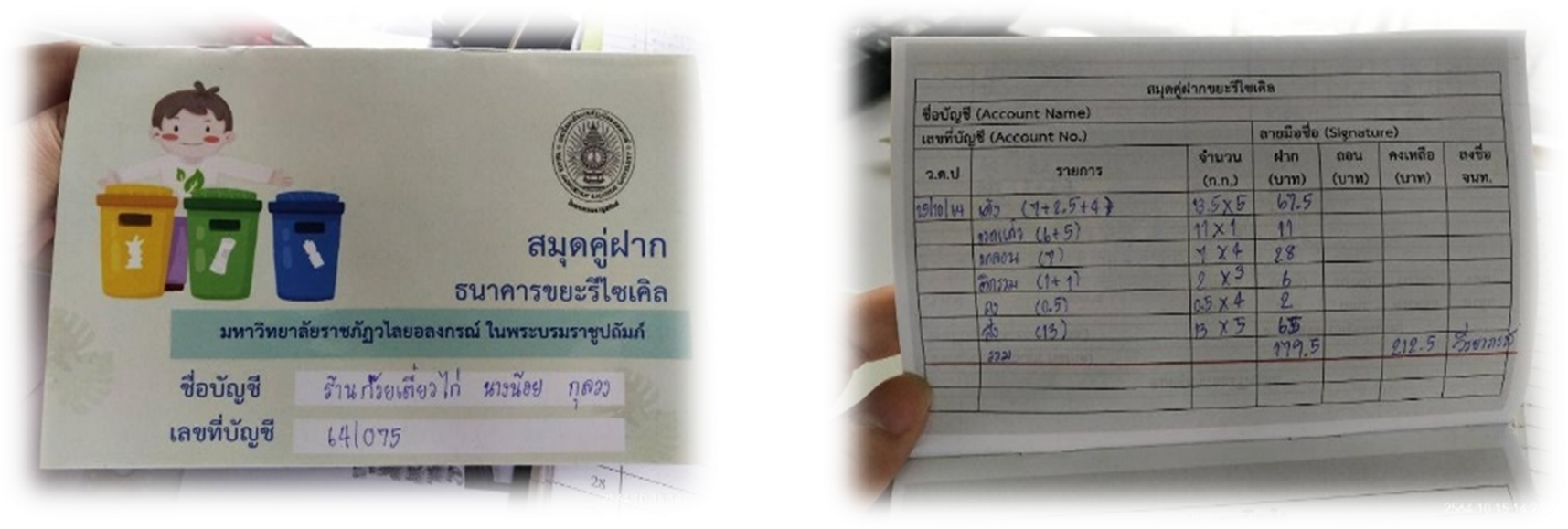
Fig 2 Recycle account book of VRU
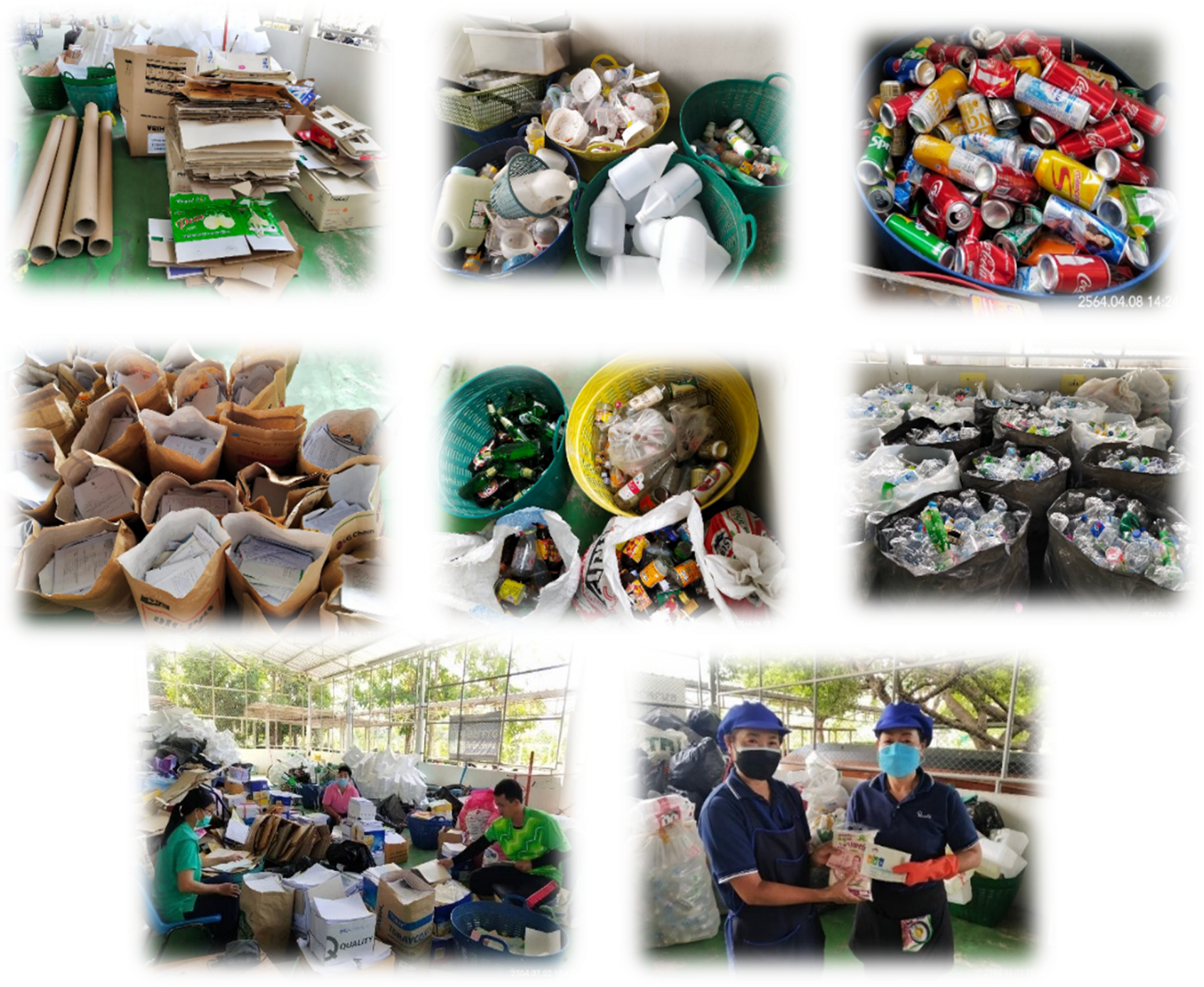
Fig 3 Waste separation campaign in VRU


